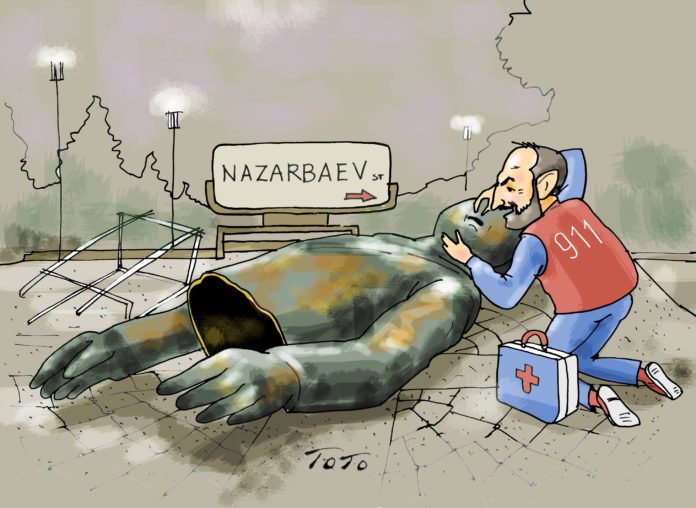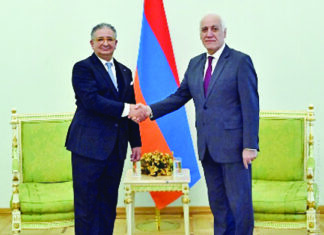In the wake of the collapse of the Soviet Union, a new world order has been shaping up for the past 30 years. During every aftershock, world powers position themselves to earn dividends. And, of course, there are losers and winners.
Recently Armenia turned out to become one of the losers. Had the negotiations between Armenia and Azerbaijan continued another year, perhaps the catastrophic war of 2020 could have been averted, because as we can observe from the recent game-changing events in Central Asia, Turkey’s expansionist ambitions are being put to the test. Ankara was the main sponsor of the war unleashed against Armenia and Artsakh by Azerbaijan and one can wonder whether it would be in the same power position in 2022.
Now Armenia has to deal with the situation arising from the crisis in Kazakhstan, where Yerevan has become an involuntary participant.
At this point, it would be very risky to assess which party is the winner and which the loser there, before the dust settles in that beleaguered country.
After the breakup of the Soviet empire, Kazakhstan was considered one of the most stable of the emerging republics and its leader, Nursultan Nazarbayev, the longest-ruling dinosaur of the post-Soviet politics, as the most solid statesman.
Kazakhstan’s territory is four times the size of Texas with a population of about 19 million.








